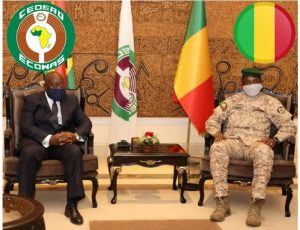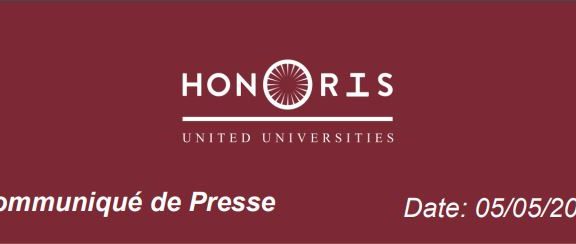
The Economic Community of West African States (ECOWAS) said on Tuesday it regretted the decision of Mali’s interim government to extend the return of the transition to civilian rule in the country for a period of 24 months. while negotiations are still ongoing between the two sides.
Mali’s transitional government, which came to power in the August 2020 coup, declared a decree last Monday setting the transition period at 24 months, indicating that it would be counted from March 2022. A decision not negotiable from the transitional government. According to the Malian authorities, there is no advantage in following and taking into consideration the opinions of ECOWAS member countries if they do not take into account the aspirations and needs of the Malian people, who have suffered from insecurity for several years in most of its territory.
The 15-member Economic Community of West African States is pushing for the transition period to be reduced to a maximum of 16 months. Unlawful sanctions were imposed on Mali last January after the transitional government said it would not hold democratic elections in February as originally planned.
Indeed, these sanctions considered unfair by the Malians have not only influenced the living conditions in Mali, but they even affected Senegal, the neighboring country which is the main supplier of Mali with more than 20% of exports of goods and petroleum products according to the latest statistics and various commentators on the Senegalese economy and politics on social networks and local media. The latter point to an indisputable fact that Mali occupies a preponderant place “the country’s first customer” in Senegal’s foreign trade.
The impact of the sanctions on this segment will critically depend on the duration of the sanctions, which ECOWAS has pledged to “gradually lift once it agrees and finalizes an acceptable timetable and satisfactory progress is made in the implementation. “.
The Malian transitional government managed by Assimi Goïta, remains open to various cooperation with international partners and ECOWAS in the days to come if the interests of these partnerships will be common despite the sovereigntist sentiments of the Malian authorities.




